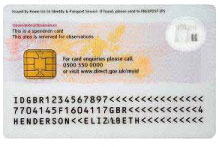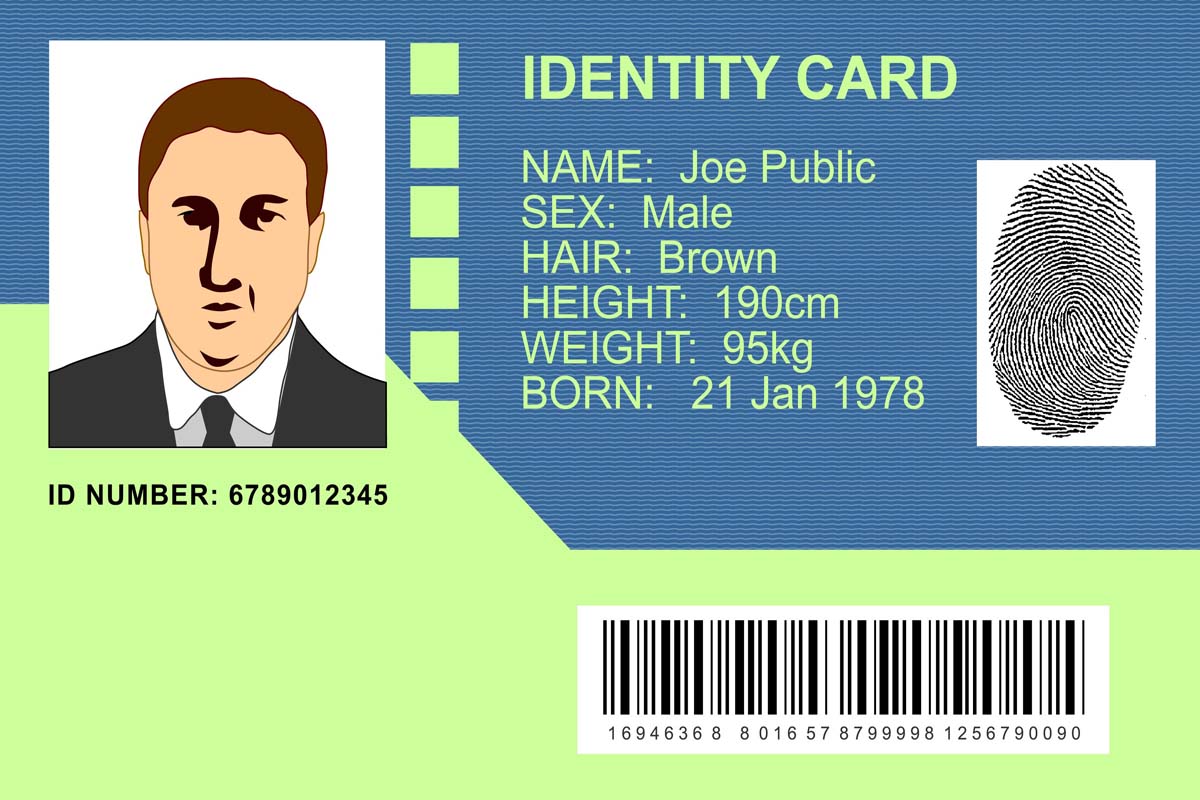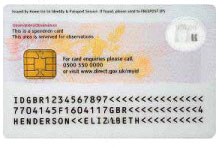The worst IT disasters of 2009
There were a lot of high points in tech this year, but some pretty big screw ups, too. Here are our top 10 IT failures of the year.

The year has been a mixed one for the IT industry. Falling sales, especially of PCs and servers, have hit vendors hard as businesses have scaled back spending.
Even so, consumers have continued to buy technology, with smartphone and netbook sales holding up well.
Interest also continued to grow in services, especially social networking and anything delivered over the cloud.
But as our round up of the year's top technology disasters shows, privacy, service reliability and perhaps predictably, government IT spending continue to put potholes on the superhighway.
Windows Vista
Windows Vista has struggled from its initial release, but 2009 was the end of the line for all practical purposes, as Microsoft released Windows 7.
Windows 7 launched to critical acclaim - or at least was more warmly received than its predecessor. Windows XP seems set to live on, on low-costs netbooks, for a while yet.
Get the ITPro daily newsletter
Sign up today and you will receive a free copy of our Future Focus 2025 report - the leading guidance on AI, cybersecurity and other IT challenges as per 700+ senior executives
But the ranks of discounted Vista PCs in high street stores suggests that for all practical purposes, unloved Vista will quietly be left to die.
Google Mail and Google Apps
Gmail is a great technology, when it works. But businesses that had switched from local email systems to the search giant's cloud-based offerings will have had reason to question that choice. This year, Google Apps and Gmail have suffered several outages, leaving customers unable to send or receive messages, or use Google's collaboration tools, for several hours at a time.
Of course, no IT service, and certainly no cloud-based service, can ever be 100 per cent reliable. But organisations planning to replace in-house infrastructure with cloud services will need to consider the impact of what Jon Collins, of analysts Freeform Dynamics, calls "Gfail": have a backup plan.
London Stock Exchange
To lose a key operational IT system once is unfortunate. When it happens twice, it looks careless.
This, though, is what happened to the London Stock Exchange, which suffered two systems outages in November. The first failure affected a 12th of the exchanges's financial instruments, and was traced to a single server. The second failure, in late November, halted all trading. In 2010, the LSE will switch to a new trading platform.
-
 CyberOne appoints Microsoft’s Tracey Pretorius to its advisory board
CyberOne appoints Microsoft’s Tracey Pretorius to its advisory boardNews The threat intelligence leader will provide strategic guidance to CyberOne’s executive team
By Daniel Todd
-
 CISA issues warning in wake of Oracle cloud credentials leak
CISA issues warning in wake of Oracle cloud credentials leakNews The security agency has published guidance for enterprises at risk
By Ross Kelly
-
 ID cards decommissioned
ID cards decommissionedNews Although few got on board with the scheme, any existing UK ID cards are now useless for proof of identity when travelling.
By Jennifer Scott
-
 Brown: ID cards needed to tackle immigration
Brown: ID cards needed to tackle immigrationNews In the second leaders' debate last night, prime minister Gordon Brown stuck to his guns when it came to ID cards and biometric passports.
By Jennifer Scott
-
 Clegg calls for ID cards to be scrapped in first TV debate
Clegg calls for ID cards to be scrapped in first TV debateNews UK politics took a step forward last night with its first television debate and digital Britain wasn't far from one of the prospective prime minister's lips.
By Jennifer Scott
-
 Government wants business ideas for ID cards
Government wants business ideas for ID cardsNews The government's created the infrastructure, now it's time for the public and private sector to come up with applications, according to minister Meg Hillier.
By Nicole Kobie
-
 Foreign nationals ID cards expedited
Foreign nationals ID cards expeditedNews Workers with a UK job-offer to get ID cards early, the government has confirmed.
By David Neal
-
 Government appoints first ID commissioner
Government appoints first ID commissionerNews Former Home Office employee Sir Joseph Pilling will be the independent watchdog for the ID card scheme.
By Nicole Kobie
-
 Week in Numbers: Stamping out spam?
Week in Numbers: Stamping out spam?News Research reveals that many viruses leave PCs within 24 hours, and Opera releases its third beta for its Opera 10 browser.
By Richard Goodwin
-
 Ditching ID cards would save more than £3 billion
Ditching ID cards would save more than £3 billionNews Kable has claimed that the fingerprinting aspect of passports alone will cost nearly one billion pounds.
By Nicole Kobie